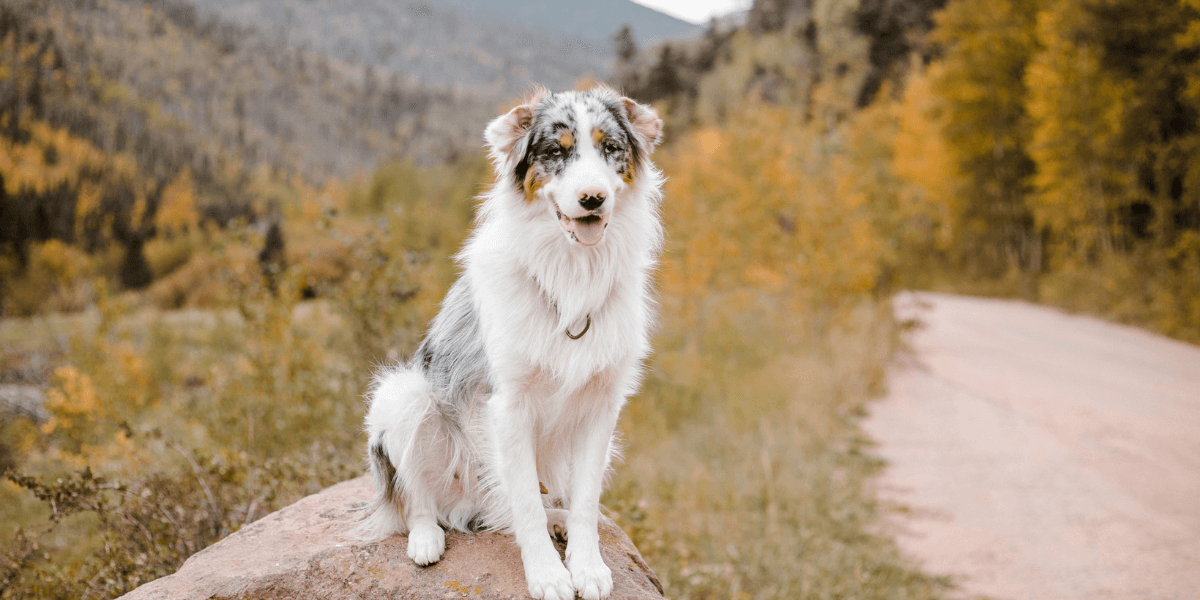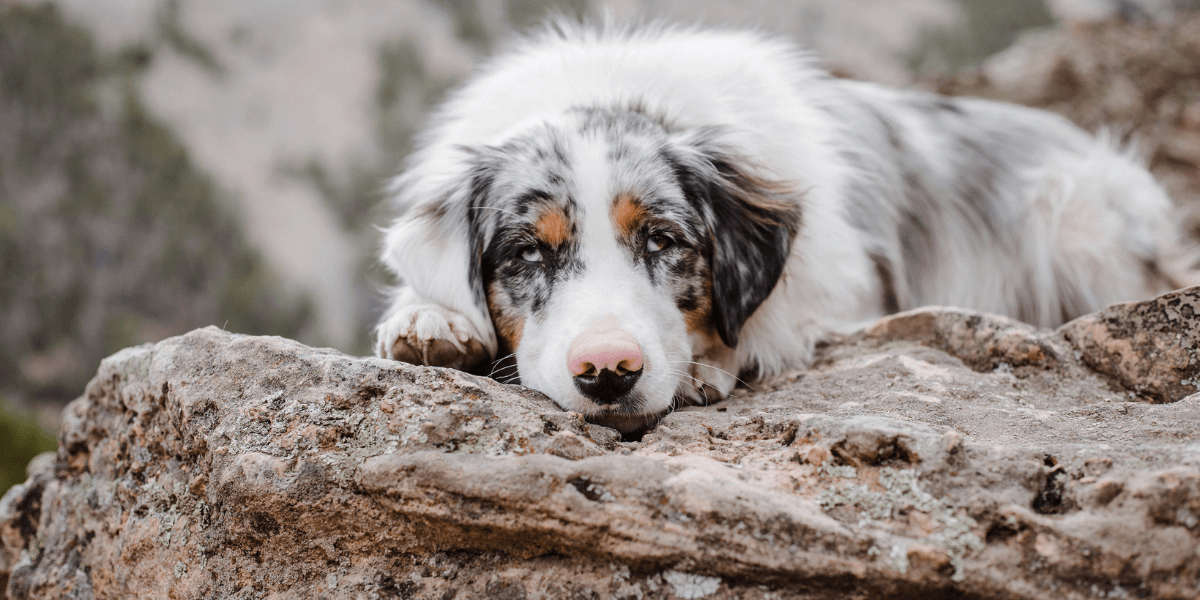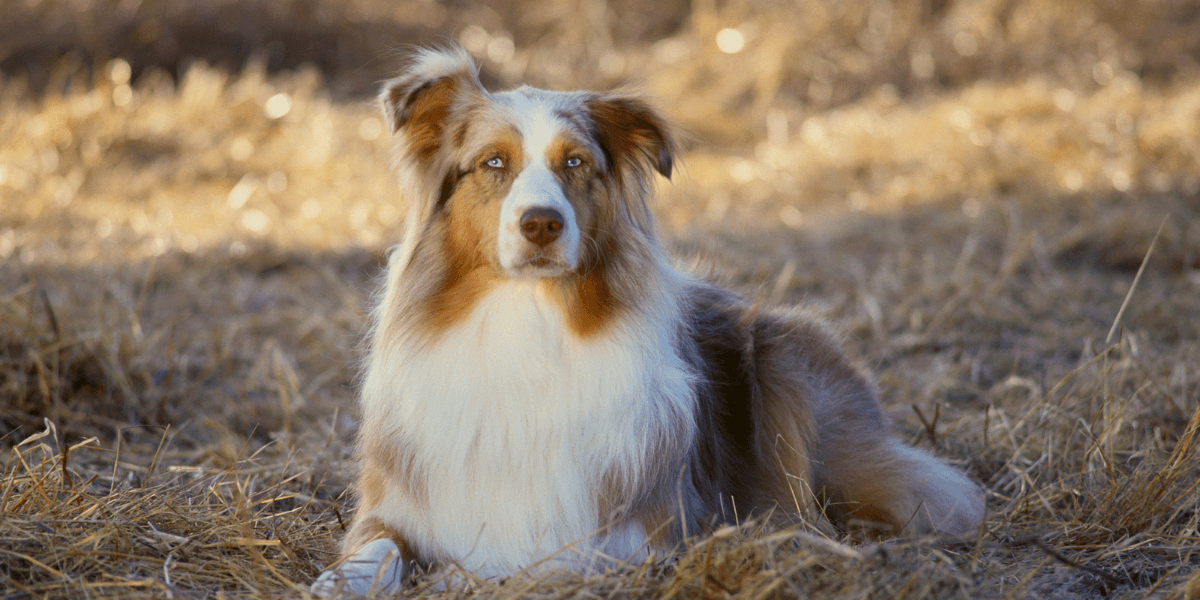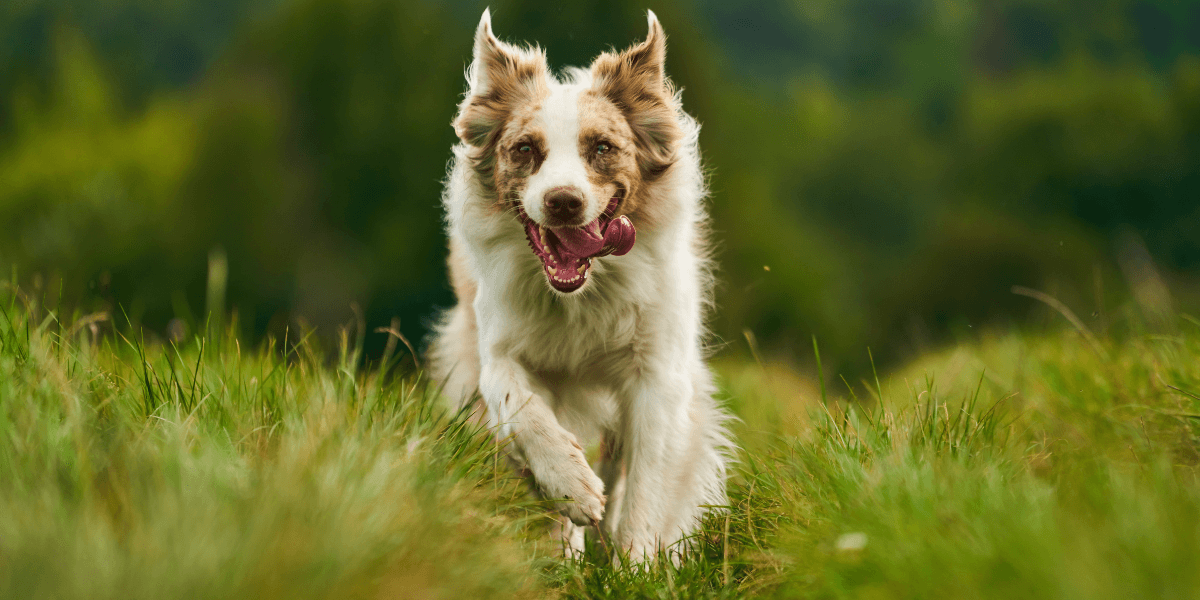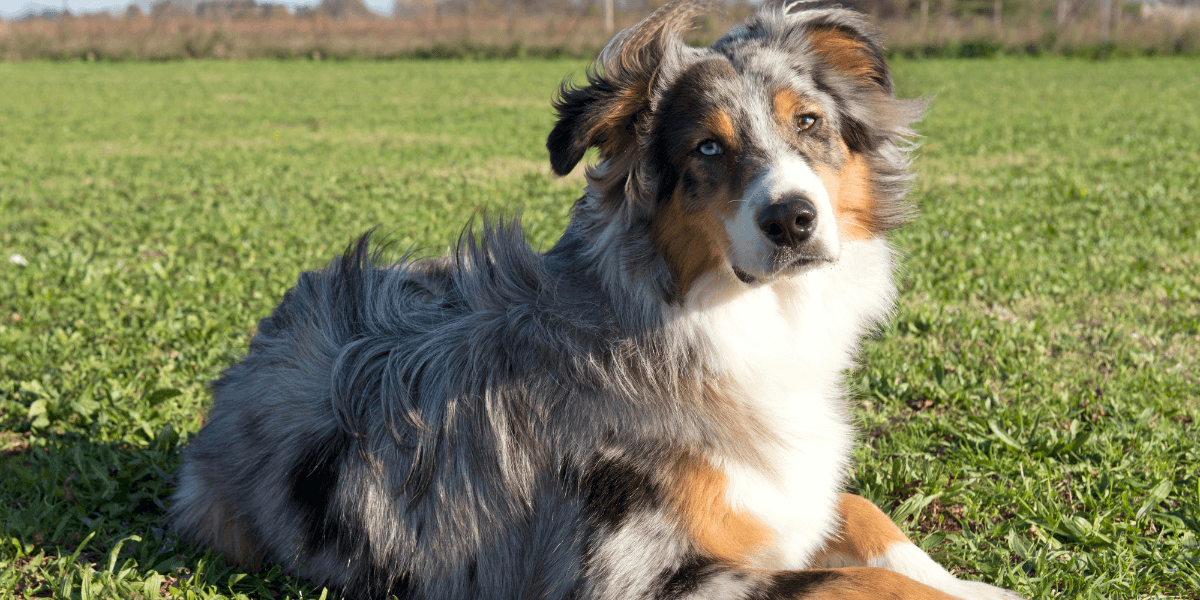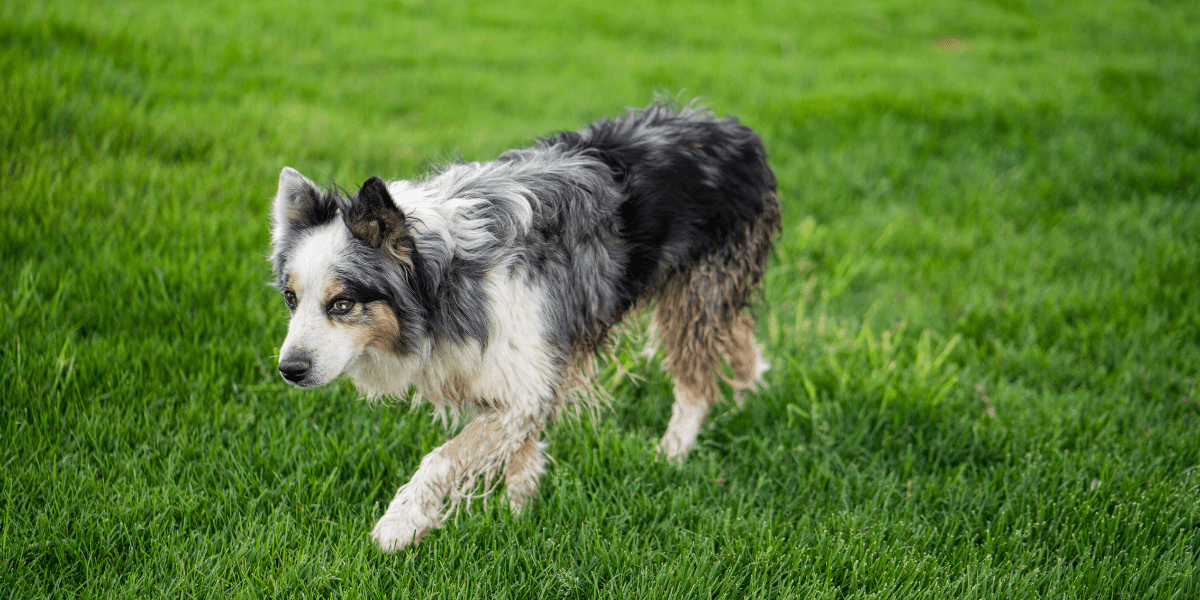Introduction
Socialization Tips for Your Australian Shepherd: Essential for a balanced, happy dog
- Early socialization shapes your Aussie’s behavior and temperament
- Helps prevent common issues like fearfulness and aggression
- Introduces your dog to new experiences, environments, and people
- Builds confidence and adaptability in various situations
- Promotes positive interactions with other dogs and animals
1. Start Early: The Importance of Puppy Socialization
Puppyhood is the ideal time to start socializing your Australian Shepherd.
- Introduce New Experiences: Expose your puppy to different environments and people
- Positive Reinforcement: Reward your puppy with treats and praise for calm behavior
- Puppy Classes: Consider enrolling in a puppy socialization class
- Consistent Routine: Establish a regular schedule to provide structure and predictability
- Safe Playdates: Arrange supervised interactions with other well-behaved dogs
2. Gradual Exposure to New Environments
As your Australian Shepherd grows, continue to introduce them to different environments.
- Start Small: Begin with less stimulating environments and gradually the complexity
- Frequent Outings: Regular trips to new places and different neighborhoods
- Monitor Reactions: Pay attention to your dog’s reactions and adjust the exposure level
- Varied Experiences: Introduce different surfaces, like grass, and gravel, for a variety
- Controlled Socialization: Use calm, well-socialized dogs to model positive behavior
- Comfort Items: Bring familiar items to new environments to help your dog feel secure
3. Socializing with Other Dogs
Interaction with other dogs is vital for your Australian Shepherd’s social development.
- Controlled Playdates: Arrange playdates with well-socialized and friendly dogs
- Dog Parks: Visit dog parks where they can interact with a variety of canine personalitie
- Observe Body Language: Learn to recognize signs of stress or aggression in your dog
- Gradual Introductions: Start with brief, supervised meetings before longer play sessions
- Positive Reinforcement: Reward your dog for positive interactions and calm behavior
4. Meeting New People
Socializing your dog with a variety of people is essential for reducing fear.
- Diverse Encounters: Introduce your dog to people of different ages and appearances
- Positive Associations: Positive interaction by allowing people to give treats to your dog
- Handling Exercise: This can help them remain calm during vet visits or grooming sessions
- Calm Greetings: Teach your dog to sit or stay while new people approach
- Frequent Visits: Regularly expose your dog to various people to build confidence
- Controlled Socialization: Manage introductions in a quiet setting to reduce overwhelm
Discover why Australian Shepherds and German Shepherds excel as family pets in this comprehensive look!
5. Exposure to Various Sounds and Stimuli
Australian Shepherds are sensitive to sounds and stimuli.
- Sound Desensitization: Play recordings of common noises and thunderstorms
- Different Texture: Allow your dog to walk on different surfaces, such as grass
- Interactive Toys: Provide toys that make different sounds or have various textures
- Gradual Volume Increase: Raise sound levels slowly to help your dog adjust comfortably
- Routine Practice: Regularly expose your dog to new sounds and stimuli to build resilience
- Controlled Exposure: Introduce common household noises in a calm, controlled setting
6. Training and Obedience
Training and obedience are integral parts of socialization.
- Basic Commands: Teach basic commands such as sit, stay, and come
- Positive Reinforcement: Use positive reinforcement techniques to encourage good behavior
- Consistency: Maintain a consistent training routine to reinforce good behavior
- Short Sessions: Keep training sessions brief and focused to maintain your dog’s attention
- Clear Commands: Use clear, consistent commands and hand signals for better understanding
- Gradual Challenges: Increase training difficulty gradually to build your dog’s confidence
Unlock the best training tips for your Australian Shepherd with inspiration from Great Dane training tricks!
7. Dealing with Setbacks
Even with the best socialization efforts, setbacks can occur.
- Identify Trigger: Understanding the cause can help you address the issue more effectively
- Gradual Reintroduction: Reintroduce your dog to the challenging situation gradually
- Track Progress: Monitor your dog’s reactions to adjust your approach effectively
- Seek Professional Help: Consider consulting a professional dog trainer
- Patience is Key: Allow time for your dog to adjust and improve at their own pace
- Positive Reinforcement: Reinforce progress with rewards to encourage positive behavior
Learn how addressing hip issues in Great Danes can guide your Australian Shepherd through setback management!
FAQs
1. What is Socialization Tips for Your Australian Shepherd?
-
Socialization helps dogs adapt to various environments and experiences
2. Why is socialization important for Australian Shepherds?
-
It helps them become well-adjusted and less fearful in new situations
3. When should you start Socialization Tips for Your Australian Shepherd?
-
Start as early as possible, ideally between 3 and 14 weeks of age
4. What are some effective socialization tips for your Australian Shepherd?
-
Gradually expose them to new people, places, and experiences positively
5. How can I socialize my Australian Shepherd with other dogs?
-
Arrange playdates and visit dog parks to encourage positive interactions
6. What should I avoid during my Australian Shepherd's socialization process?
-
Avoid overwhelming them; introduce new experiences slowly and positively
7. How can I continue socialization after the puppy stage?
-
Keep exposing them to different situations and reinforce good behavior regularly
Conclusion
- Socialization Tips for Your Australian Shepherd ensure a well-adjusted dog
- Consistent exposure to new experiences fosters confidence and adaptability
- Regular socialization helps prevent behavioral issues in adulthood
- Gradually introduce new stimuli to avoid overwhelming your Aussie
- Celebrate progress and reinforce positive behaviors throughout the process
Leave a comment below with your own socialization experiences or questions!
References
For more information on Socialization Tips for Your Australian Shepherd, check:
- How to Train an Australian Shepherd Puppy: Timeline & Milestones
- Raising an Australian Shepherd: Temperament and Development
- Socialization Issues and How to Correct Them: A Guide for Australian Shepherds
- Orthopedic Dog Beds for Large Dogs: A Comprehensive Guide
- Dog's Hip Pain: Signs, Causes, Relief Tips
Thank you!

